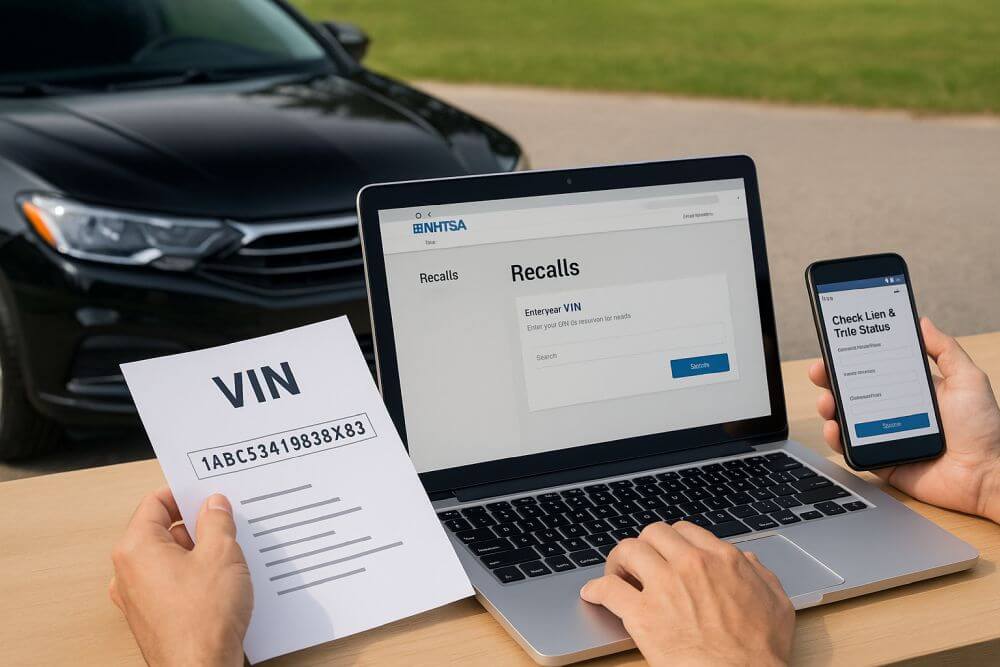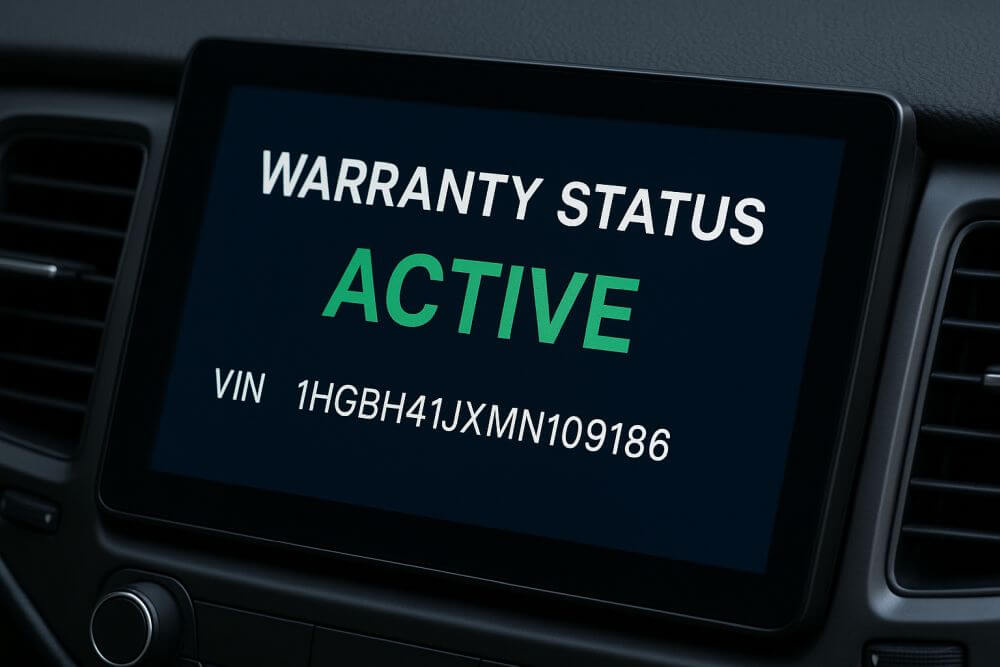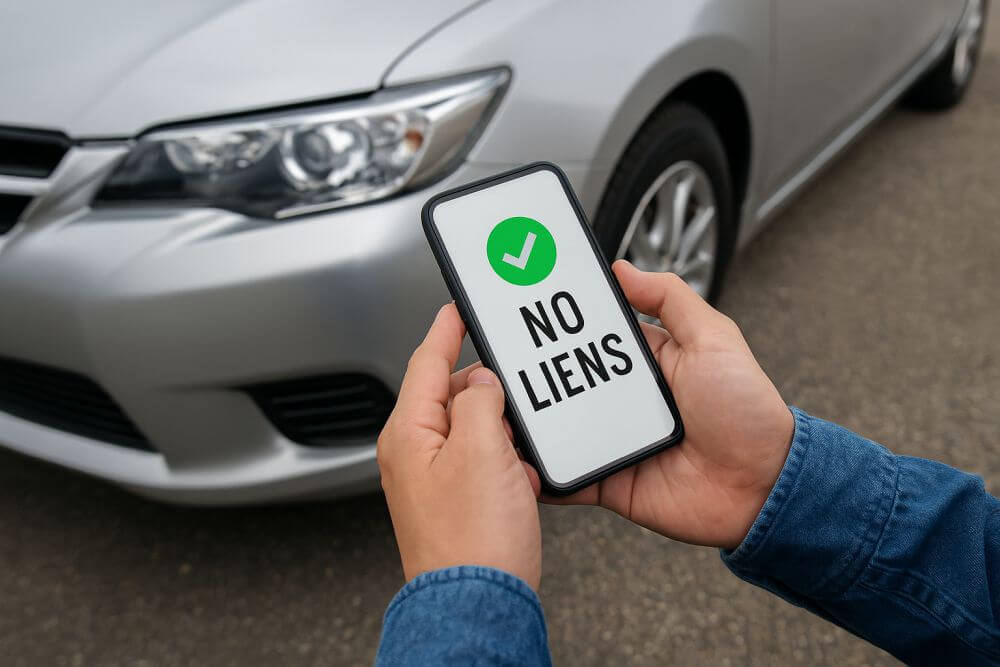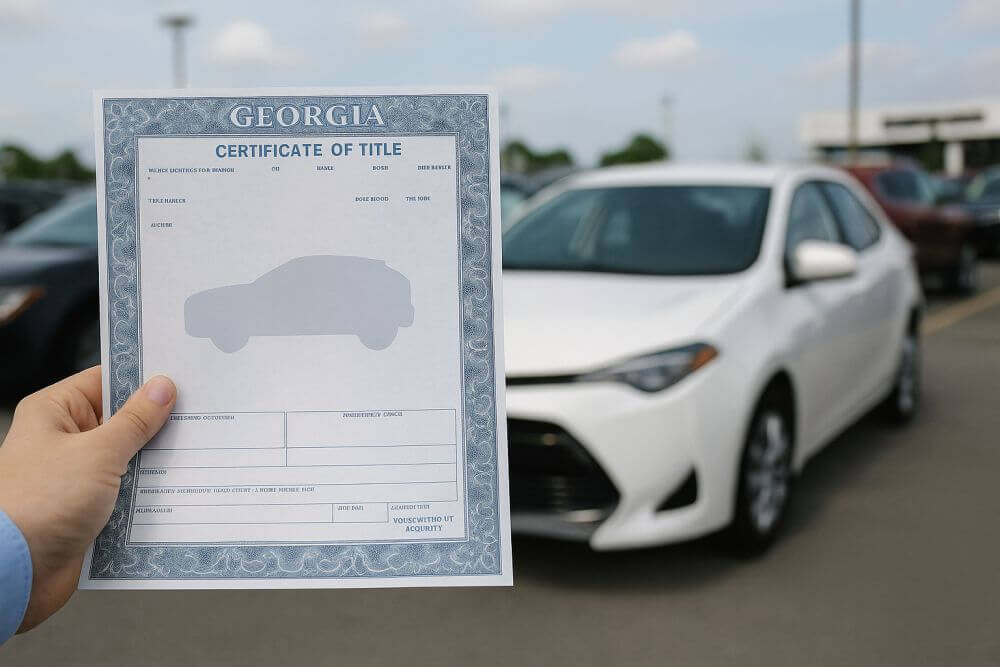When buying a used car, knowledge is power. While a shiny exterior and low asking price might tempt you, what truly matters is the hidden story of the vehicle. Understanding its history, safety record, and legal standing helps you avoid costly mistakes and ensures you’re making a smart investment. The good news? You don’t have to rely solely on expensive reports — you can piece together a surprisingly complete picture using several free tools.

In this guide, we’ll show you how to layer different free resources — including VIN decoders, NHTSA recall checks, and state lien searches — to perform a thorough vehicle background check before you buy.
Start with a Free VIN Decoder
A VIN decoder is your first stop. The Vehicle Identification Number (VIN) is a unique 17-character code that holds critical information about the car’s origin, make, model, engine type, and more.
What can you learn with a VIN decoder?
- Manufacturer details
- Year and plant of production
- Engine specifications
- Trim and body style
Using a free VIN decoder tool (like VinCheckPro’s free VIN decoder) helps you verify that the seller’s description matches the car’s actual factory specifications. Discrepancies here may indicate title washing, illegal modifications, or misrepresentation.
Check for Recalls with the NHTSA
Next, visit the National Highway Traffic Safety Administration (NHTSA) website to perform a recall check using the VIN. The NHTSA database tracks all open safety recalls reported by automakers.
Why is this important?
- Identifies unresolved safety issues that need immediate attention
- Protects you and your passengers from potential hazards
- Lets you negotiate repairs or replacements before purchasing
Even if a seller assures you that “everything is fine,” a recall check adds an extra layer of security. It is quick, free, and could potentially save lives.
Investigate State Lien and Title Records
A vehicle might look perfect on paper, but if there’s an outstanding lien, you could end up with unexpected legal trouble. A lien means there’s a legal claim against the car, often due to an unpaid loan, and it can prevent you from getting a clean title.
How to check for liens for free:
- Many state Department of Motor Vehicles (DMV) or Department of Revenue websites offer free lien and title status checks.
- Check directly with the state where the vehicle is registered.
- Contact the state DMV by phone if online tools aren’t available.
Finding an undisclosed lien is a red flag. The seller should clear any liens before the vehicle changes ownership; otherwise, you risk inheriting their debts.
Cross-Check Maintenance and Accident History
While comprehensive maintenance and accident data often require paid reports (like Carfax or AutoCheck), you can still gather clues for free:
- State inspection records: In some states, emissions or safety inspections include mileage and repair notes. Check your state’s DMV or emissions program website.
- Online service history: Some service centers log maintenance records online. If you have the VIN, ask if there’s a digital service record available.
- Visual inspection: Check for mismatched paint, uneven tire wear, or new parts that might hint at past accidents.
Why Layering Free Tools Works
Individually, each free tool offers valuable but limited information. By layering them together, you build a more complete story:
✅ VIN decoder: Confirms specifications and manufacturing details.
✅ NHTSA recall check: Uncovers active safety recalls.
✅ State lien search: Protects against hidden financial claims.
✅ Inspection and service records: Provide clues about real-world condition and history.
When combined, these sources help you make a more confident, informed decision without spending money on expensive reports.
Frequently Asked Questions (FAQs)
Why should I use multiple free tools instead of just one paid report?
While paid reports like Carfax or AutoCheck can provide detailed histories, layering multiple free tools gives you a strong foundation of essential information at no cost. You can confirm specifications, check for recalls, and investigate liens — all critical steps before you decide if you need to spend on a paid report.
Are free VIN decoders accurate?
Yes — free VIN decoders are accurate for decoding basic manufacturing details like make, model, year, engine type, and factory-installed options. However, they do not show ownership history or accident reports; you’ll need other sources to get that information.
Can I find accident history using only free tools?
Free tools may give you hints (such as state inspection records or recall repair histories), but they usually do not provide a full accident history. For comprehensive accident data, a paid vehicle history report is often required.
How do I know if a vehicle has an open lien?
You can check with the state DMV where the vehicle is registered. Many states offer free online lien and title checks, or you can call the DMV directly to confirm. Always make sure there are no outstanding liens before purchasing.
What if I find a recall on the NHTSA site?
If you discover an open recall, ask the seller to provide proof that the issue has been fixed or negotiate to have it addressed before purchase. In many cases, recall repairs are performed free of charge by authorized dealerships.
Do I still need a mechanic inspection if I check these free tools?
Yes! Even after using all the free online tools, a pre-purchase inspection by a qualified mechanic is highly recommended. They can identify hidden mechanical issues that are not documented anywhere and ensure the car is safe and road-ready.
Final Thoughts
A used car can be a fantastic value — but only if you know exactly what you’re getting. Using multiple free vehicle history tools empowers you to spot discrepancies, uncover hidden risks, and avoid future headaches.
Before you sign the dotted line, take advantage of all the free resources at your disposal. Start with a free VIN check, confirm the car’s background, and enjoy the peace of mind that comes with making a fully informed choice.


